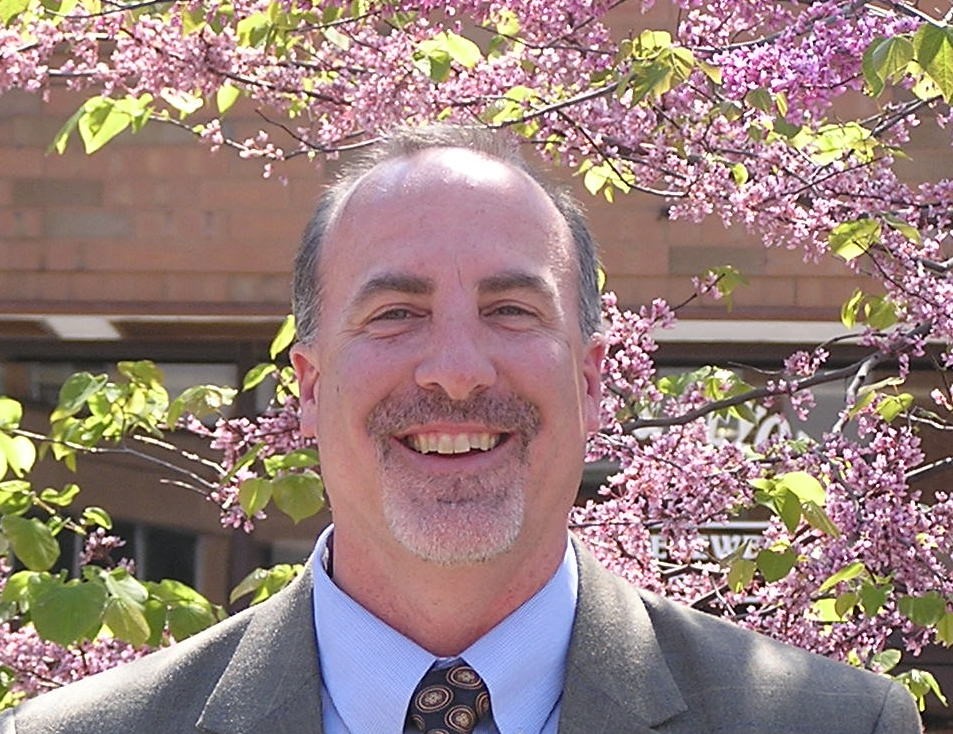
Greg Swain, Director of the Responsible Conduct of Research Education Program
Greg Swain, Ph.D., will be joining the Office of Research and Innovation as the Director of the Responsible and Ethical Conduct of Research Education Program for Michigan State University. He is currently the Responsible and Ethical Conduct of Research (RECR) Education Coordinator for the Graduate School at MSU and is engaged nationally in research integrity activities through the Big Ten Academic Alliance (BTAA) – RCR Collaborative. He has previously served as an At-large Member of the MSU Steering Committee and Faculty Senate, as an Academic Advancement Network Fellow, and as the Neuroscience Graduate Program Director.
In this new role in the Research Integrity Office, Dr. Swain will develop an RECR program and training for faculty and postdocs. This is a requirement for NSF-funded researchers as mandated in the CHIPS and Science Act and it is anticipated that other funding agencies will implement similar mandates. Dr. Swain will maintain his affiliation with the Graduate School and continue coordinating existing graduate student RECR training.
"I am delighted that Dr. Swain will expand his role in RECR to address the NSF's faculty and postdoc training requirement," said Doug Gage, vice president for Research and Innovation. "His experience with the graduate student RECR program will benefit these new efforts and ensure that MSU offers a consistent and effective program."
Swain is a professor in the Department of Chemistry and an active member of the Neuroscience Program. He received a B.A. in Chemistry from the University of Texas at Dallas, and earned a Ph.D. from the University of Kansas. After the completion of his undergraduate studies, he was a reservoir chemist at Atlantic Richfield Oil and Gas Co. He completed postdoctoral fellowships at the Space Power Institute at Auburn University and the Faculty of Chemistry at Tohoku University in Japan, then began his academic career in the Department of Chemistry and Biochemistry at Utah State University.
Swain's research group studies the interface between analytical chemistry and material science that impacts several fundamental problems in human health, the environment, and material stability. Current research foci include: (i) science and application of advanced carbon materials used in electrochemical sensors and biosensors for human health and the environment, (ii) neuroanalytical chemistry in the peripheral nervous system, and (iii) additively manufactured metal alloys and advanced coating systems for corrosion mitigation.
